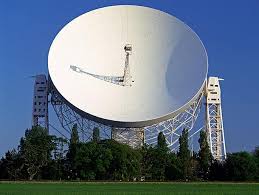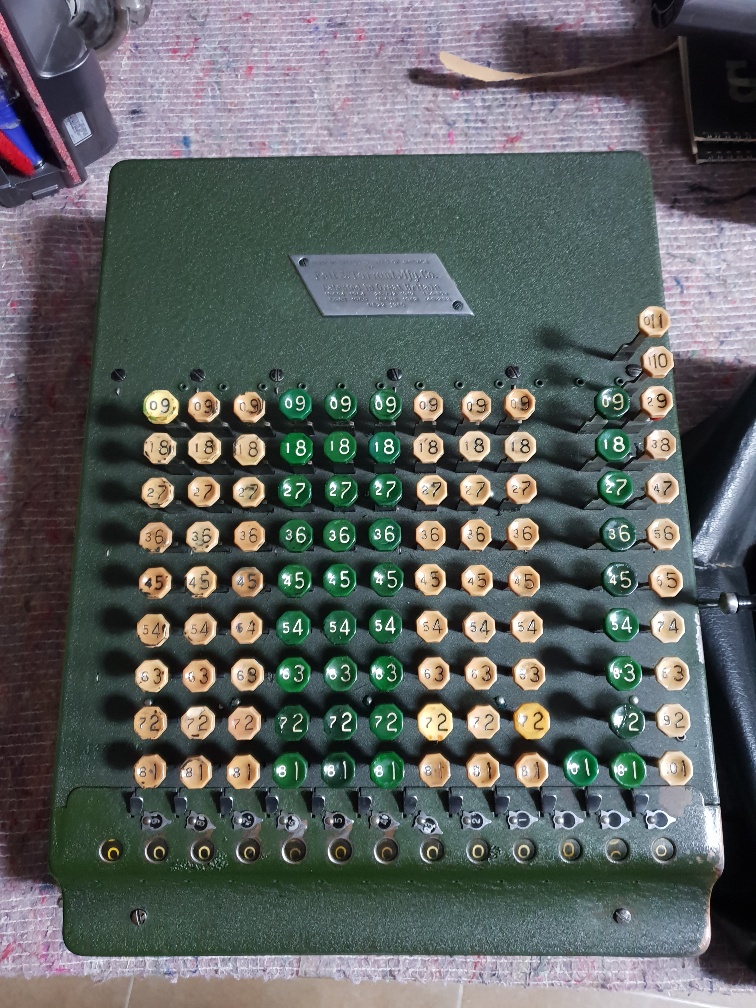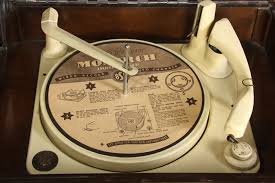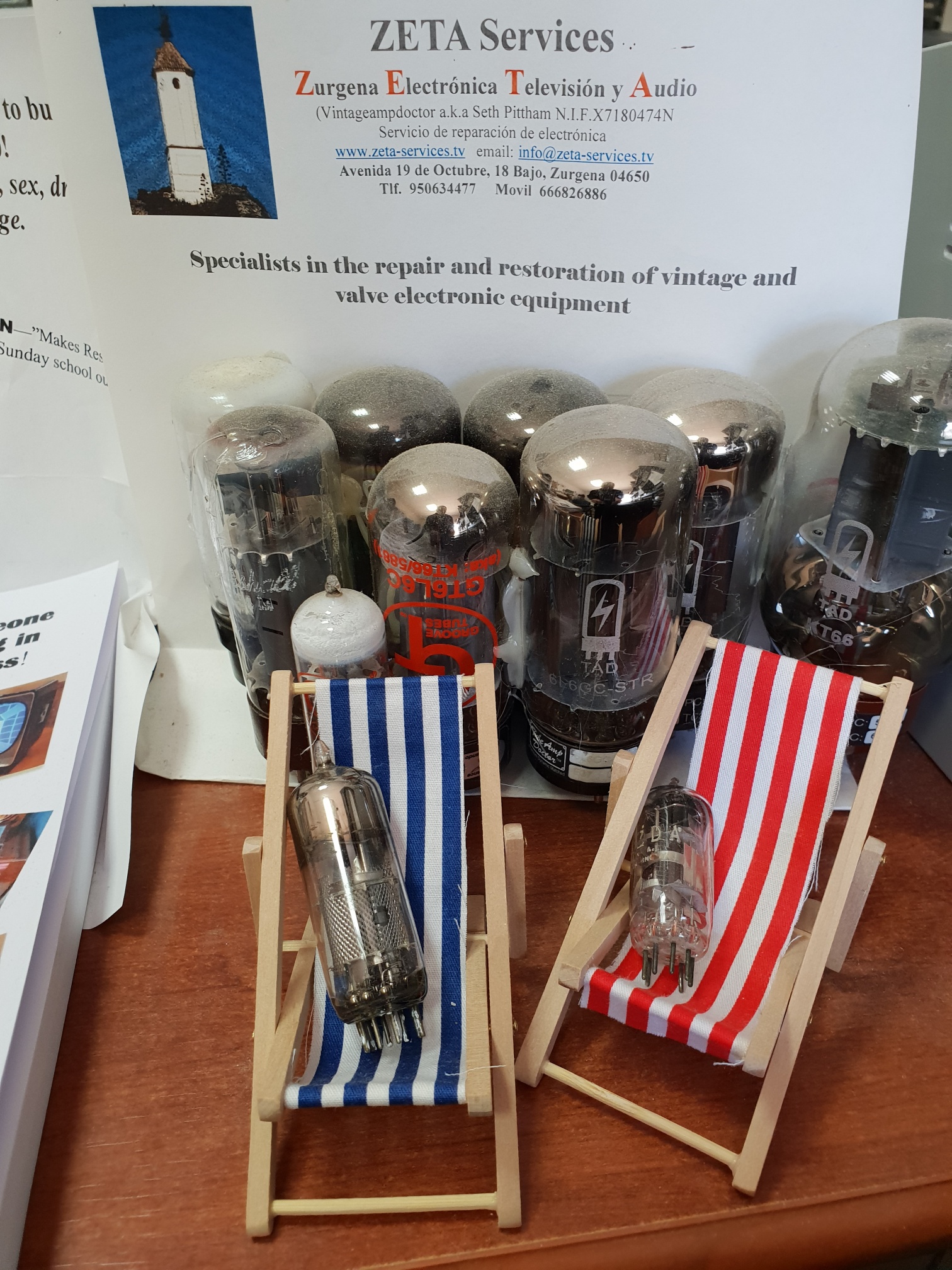
I admire engineers that paved the way for so many things and yet seem to be somewhat unsung. Bernard was one such chap.
As a child and teenager, in addition to his love of physics, he had a passion for cricket, playing the piano, and was an organist at his local church. In fact, colleagues recount that during his working life, everything stopped for cricket, work coming second! Studying Physics at university, he obtained his Degree and then a PhD in ’36.
He went to work as part of the Cosmic Ray research Team based at Manchester University. He was fascinated by Gamma-rays, X-rays, photons etc and the effects caused by Solar flares. This was quite ground breaking at the time and set the stage for investigating the beginning of the universe, Black Holes and so on. Ask Stephen Hawkin.
At the start of WW2, he was seconded to the Telecommunications Research establishment, TRE. He worked on the H2S radar system which was being designed to be fitted to aircraft. He worked closely with engineers such as Alan Blumein on the top secret and fundamental component of radar, the Magnetron. That’s the bit that generates the high frequency energy, same thing that heats your food in your microwave oven. Lovell took over this work after the test aircraft along with several of his colleagues , including Blumlein, ‘mysteriously’ crashed in ‘42, killing all those on board. More on this under the ‘Articles page’ on my website. It’s quite interesting…honest.
End of WW2, Lovell went back to his study of cosmic rays, at Manchester University. Finances were tight, and he managed to obtain ex-military radar, radio and other electronic gear, that he had been working with at the end of the war. The army provided him with an old arc lamp searchlight. It was supposed to be a loan, but they never saw it again. Lovell used this metal frame to build his first Yagi antenna array (type of aerial). The main problem he had, when searching into the night sky, was interference caused by local Manchester trams (things used to transport poor people) and ignition from cars. He persuaded the university to let him use some land near Goostrey, Cheshire. It was remote and distant from electrical noise. The area was called Jodrell Bank. Considering his setup was very Heath Robinson, working from the back of a van and trailer, the results were remarkable. This is where he set up his Observatory, which has become a household name. Using his cobbled together second hand kit, he managed to demonstrate how radar could detect meteors entering the earth’s atmosphere. With government and university funding, he built what was at the time, the largest directable radio telescope. The “Lovell telescope” is still in use today and forms part of the MERLIN network. Multi-Element Radio Linked Interferometer Network. Interferometry, I hear you cry…what’s that? I think it’s the analysis of radio waves with a military, weapons bias. Too complex for me.
Jodrell Bank was used for, amongst other things in the ‘50s-60s, as part of the Cold wars’ early warning system, keeping an eye on the naughty Ruskies. In fact, The Russians used Jodrell Bank to keep a track of their early-days space rocket launches. That always seemed a bit ironic, the fact they could stuff a rocket, complete with dog into space, but couldn’t find them afterwards. Lovell claimed that during a working trip to the Centre for Deep Space Communications (Ukraine), during the Cold War, the Russians tried to bump him off by exposing him to a nasty dose of radiation. I am not sure if this was ever proved to be correct, but story has it that he wrote a detailed account of the episode only to be published after his death. Next time I speak to Putin, I will ask him and let you know.
Certainly as far as Britain is concerned, Bernard’s contribution to Radio Astronomy is second to none. Many have built upon his early work and spectacular results of the telescopes sited at Jodrell Bank. He received his well deserved Knighthood in 1961.
Now this is praise indeed. Nigel Kneale, who wrote the brilliant Sci-Fi series, Quatermass, (Remember?), took Lovell’s first name Bernard as the key player, Professor Bernard Quatermass.
Seth, Zeta Services.








